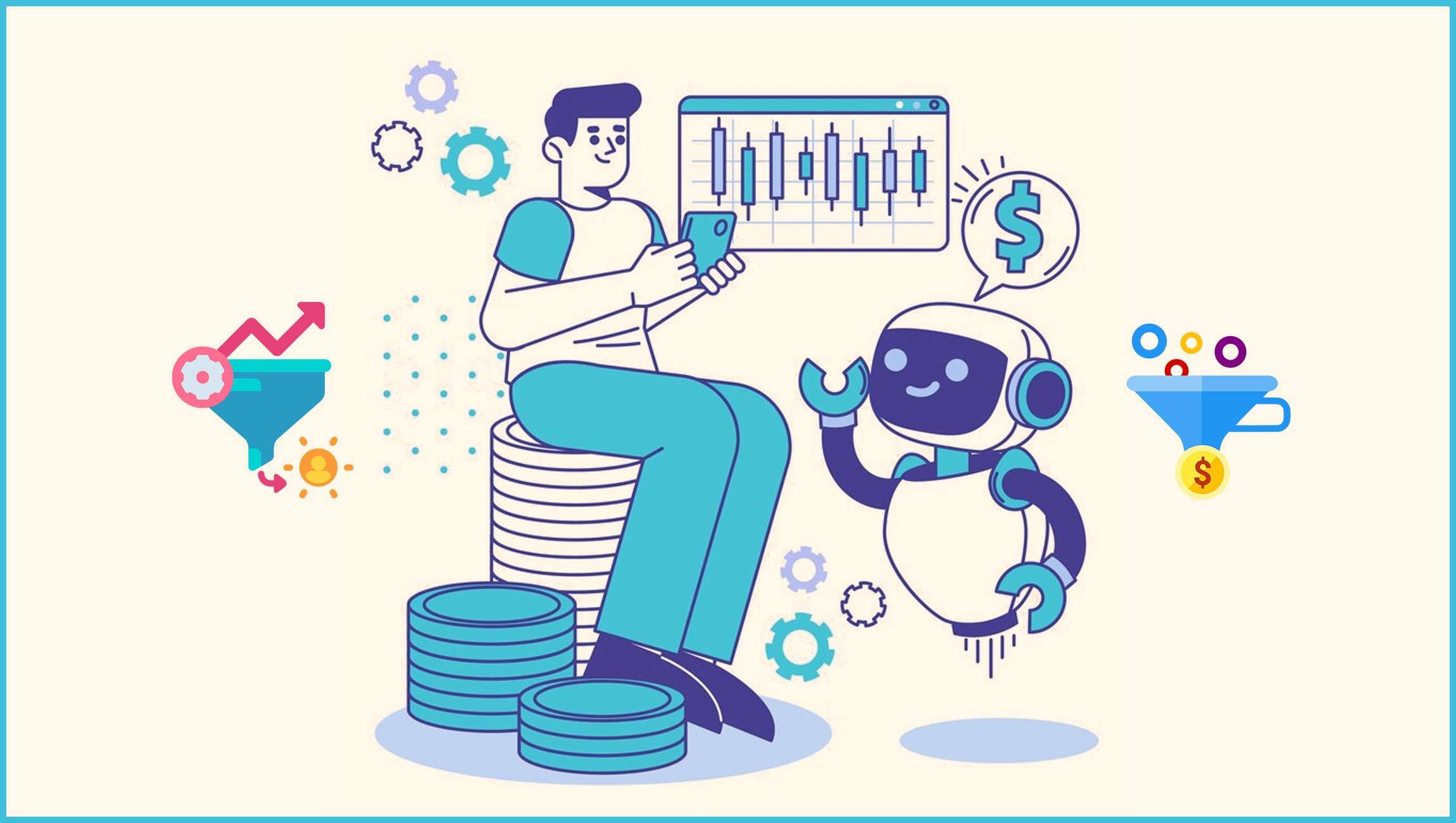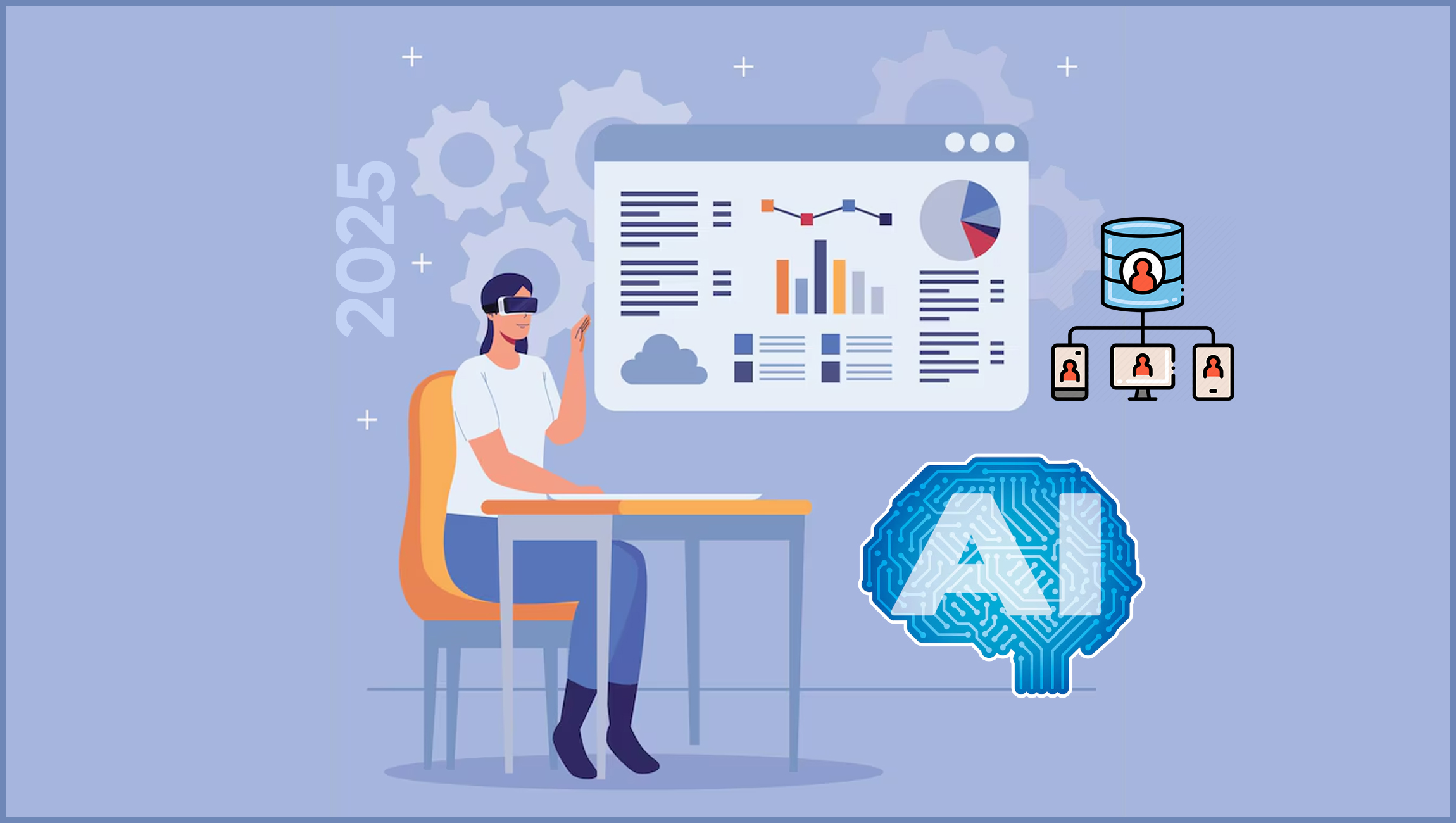The Martech industry consists of numerous software solutions aimed at enhancing different aspects of marketing. This scenery has grown quickly, offering tools for managing customer data, creating content, analyzing information, and automating tasks. The Martech sector is always changing, adapting to new technologies and rising consumer demands. With the incorporation of AI, Martech enables brands to achieve higher levels of marketing efficiency and impact through improved data analysis, personalization, and automation. This blog examines the basics of Martech, its elements, and the way AI is changing marketing strategies.
Core Components of Martech
Martech consists of multiple elements that help businesses enhance their digital marketing tactics. Here are the essential components:
1. Customer Relationship Management (CRM) Systems:
They help companies handle and analyze interactions at every stage of the customer journey, ultimately leading to enhanced business relationships and increased sales.
2. Content Management Systems (CMS):
They make it easier to create, modify, and publish digital content, promoting consistent and effective content marketing strategies.
3. Email Marketing Platforms:
They allow for the automation and customization of email campaigns to encourage leads, interact with customers, and increase conversions.
4. Analytics and Data Tools:
Gather and evaluate data to offer an understanding of customer behavior, campaign effectiveness, and market patterns.
5. Social Media Management Tools:
Streamline the scheduling, monitoring, and analyzing of social media content, enhancing online presence and engagement.
Benefits of Martech in Digital Marketing
Integrating Martech into digital marketing efforts brings a host of advantages, from greater personalization to improved efficiency. Key benefits include:
-
Enhanced Personalization:
Martech tools analyze customer data to personalize marketing efforts, tailoring messaging, content, and offers based on user behavior and preferences.
-
Improved Efficiency:
Automation tools streamline repetitive tasks, reduce manual labor, and allow marketers to focus on strategic initiatives that drive growth.
-
Data-Driven Decision-Making:
Martech provides real-time insights into customer behavior and campaign performance, enabling data-driven adjustments and enhancing overall marketing effectiveness.
-
Cross-Channel Consistency:
With tools that manage campaigns across various platforms, brands can deliver a consistent message and experience across all digital touchpoints.
How is AI Transforming Marketing?
AI is transforming marketing by leveraging its predictive analytics, personalization, and real-time data analysis capabilities. AI algorithms can analyze extensive data sets to predict customer behavior, improve ad placement, and personalize messaging. AI helps brands better interact with audiences by improving efficiency, for example, through chatbots that offer instant customer support and AI-recommending products. Marketing efforts are adapting to consumer demands by becoming more targeted, relevant, and adaptable.
Marketing Technology News: MarTech Interview with Jon Moran, Head of MarTech Solutions Marketing @ SAS
Key Martech Tools Powered by AI
AI-powered Martech tools have redefined how marketers approach customer engagement and campaign management. Here are some prominent tools:
-
Google Analytics with AI Insights:
Google Analytics utilizes artificial intelligence to examine web traffic trends and forecast future patterns, assisting marketers in making data-driven choices from user interactions and campaign outcomes.
-
HubSpot with AI-Driven CRM Features:
HubSpot utilizes artificial intelligence to improve its CRM functions, providing predictive lead scoring and personalized customer interactions through insights.
-
Drift for Conversational Marketing:
Drift is an AI-powered chatbot platform that interacts with website visitors, captures leads, and offers immediate support to improve customer experience and loyalty.
-
Marketo Engage with Predictive Analytics:
Marketo Engage utilizes predictive analytics with AI technology to forecast customer actions, enhancing campaign precision and boosting conversion rates from leads to loyal customers.
-
Salesforce Einstein for Enhanced CRM:
Salesforce Einstein enhances CRM by incorporating AI for smarter suggestions, boosting customer interaction, and accurately predicting sales.
Benefits of AI-Driven Marketing in Martech
AI-driven marketing tools add substantial value to Martech ecosystems. Here are the key benefits:
-
Advanced Personalization:
AI customizes content, product recommendations, and messaging based on unique customer profiles, enhancing user experience and driving engagement.
-
Efficient Campaign Optimization:
AI monitors campaigns in real-time, making instant adjustments to improve performance, reduce costs, and maximize ROI.
-
Predictive Analytics:
AI forecasts trends and customer preferences, enabling marketers to proactively adjust strategies and remain competitive.
-
Improved Targeting Accuracy:
By analyzing behavior and demographics, AI enhances targeting accuracy, ensuring marketing efforts reach the right audience at the right time.
Challenges of Integrating AI in Martech
Although AI provides significant advantages, companies must overcome hurdles when incorporating it into Martech:
-
Data Privacy Concerns:
Due to AI’s heavy reliance on data, businesses must navigate privacy regulations like GDPR carefully to manage customer data securely.
-
Integration Complexity:
Merging AI tools with current systems can be technically difficult, typically needing specialized expertise and resources to ensure smooth operation.
-
High Implementation Costs:
Incorporating AI may be costly because of the high upfront costs involved in setting up, which involve a major investment in tools, infrastructure, and training.
Best Practices for AI-Driven Martech Adoption
To maximize the effectiveness of AI in Martech, businesses should follow these best practices:
1. Start with Clear Objectives:
Clearly outline the specific aims that AI implementation should fulfill, in accordance with broader marketing plans.
2. Invest in Training:
Upskill your team to handle AI tools effectively, filling knowledge gaps and increasing adoption rates.
3. Ensure Data Quality:
Keep data clean and of high quality in order to allow AI algorithms to produce precise insights and forecasts.
4. Collaborate Across Departments:
Encourage teamwork among IT, marketing, and data departments to enhance efficiency and maximize tool utilization.
Conclusion
AI is ready to continue transforming the Martech field and promoting increased personalized, efficient, and data-driven marketing tactics. With advancements in AI technology, integrating AI into Martech will continue to transform customer-brand interactions, providing enhanced experiences and improved campaign results. Embracing this upcoming time involves carefully implementing, taking privacy into account, and being adaptable to stay competitive in the changing digital marketing environment.
Marketing Technology News: Salesforce, Adobe, Hubspot, Customer.io: Benefits of These Top End Marketing Automation Platforms











